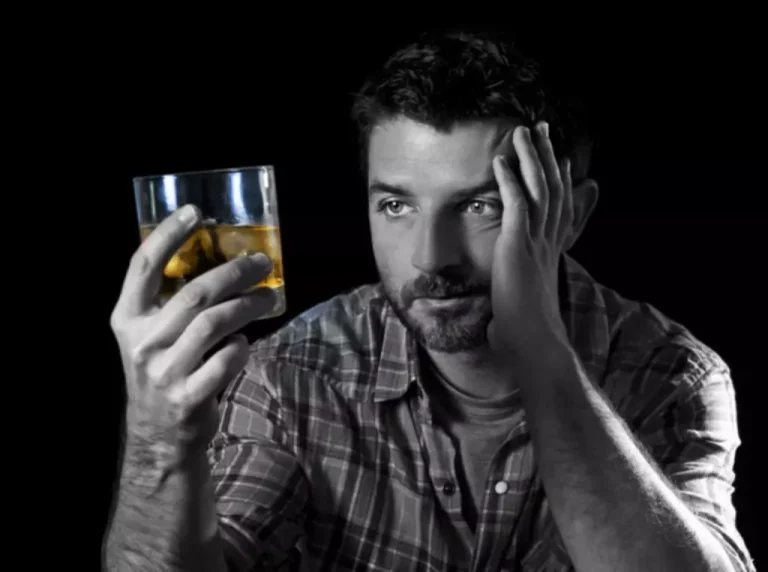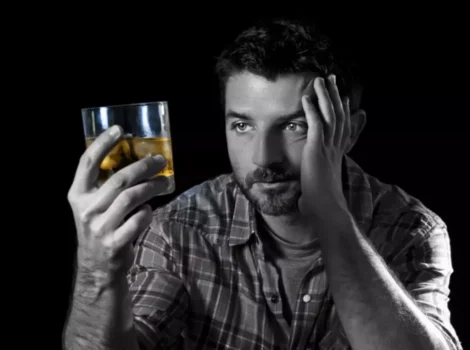
The ability to communicate openly about peer influences empowers teens to make informed decisions aligned with their values. One of the first steps in saying “no” to adult peer pressure in recovery is to build a strong support network. Surround yourself with individuals who understand and respect your commitment to sobriety. Having a reliable support system can provide you with the encouragement and reinforcement you need to resist external pressures. Building assertiveness in teenagers is essential for enabling them to stand firm against peer pressure.

How can parents effectively support their teens in dealing with peer pressure?
Surrounding themselves with peers who share similar values and healthy behaviors can significantly reduce the risk of succumbing to negative influences. Encouragement from these friends can foster a sense of belonging without compromising personal integrity. Your loved ones can provide the support and encouragement you need on your recovery journey. However, the environment we find ourselves in and the social circles we engage with can also do the opposite and cause adult peer pressure. For instance, being in situations where substance use is prevalent can create a strong pull to join in. Therefore, it’s crucial to evaluate and, if necessary, modify your environment and social connections to support your recovery goals.
How to Discuss Peer Influences
These tools can facilitate private journaling, mood tracking, and guided meditations that promote self-reflection and emotional management. To utilize positive peer pressure effectively, it’s crucial for parents and guardians to foster environments where teens can surround themselves with peers who contribute to healthy choices. Encouragement from friends to pursue academic excellence or join community service initiatives can lead to beneficial outcomes. Moreover, encouraging friendships with peers who share similar values significantly benefits teens facing peer pressure. A supportive peer group can reinforce positive behaviors and reaffirm personal goals. Parents should aim to maintain an emotional connection, assuring their teens that they are always available for support and guidance.

Empowering teen strategies
While it’s important to surround yourself with like-minded folks, there will be times you have to interact with people who have different values, of course. “Instead of viewing these people as evil or bad, remind yourself of your own values and goals and plan how you’re going to stick to them,” Dr. Lanzisera says. Saying „no” can be hard, but it’s necessary to set healthy boundaries in relationships. If someone persistently pressures you to do something, you can try telling them how it affects you. Though peer pressure is not usually used to describe socially desirable behaviors, such as exercising or studying, peer pressure can have positive effects in some cases.
If you find peer pressure particularly challenging, therapy can offer an effective pathway for reflection, helping individuals identify influences in their lives and strengthen their confidence. Peer pressure’s influence on adults extends well beyond social situations, impacting life choices, financial decisions, and even lifestyle habits. It’s the influence that people your age or social group have on you to conform to their behaviors, attitudes, and standards. Not all peer pressure is negative, sometimes your friends might encourage you to do things that are positive like study hard for exams and learn new skills to excel in your career. Adult peer pressure in recovery can often lead to a loss of one’s authentic self.

It is when someone explicitly tries to persuade you into doing something you are not comfortable with. For example, a friend might pressure you to try alcohol or drugs at a party. Peer pressure causes people to do things they would not otherwise do with the hope of fitting in or being noticed. Peer pressure in younger children tends to be limited to copying bad behaviors such as acting out or taking things that don’t belong to them. Peer pressure transcends age groups and can begin before the first day of school at daycare, playgroup, and more.
- It incorporates a range of techniques and practices, including nutrition, exercise, mindfulness, and alternative therapies.
- So when we say yes instead of no we are left feeling guilty and cross with ourselves.
- Encouraging adolescents to practice saying no in various scenarios, such as through role-playing, prepares them for real-life situations.
- The need to be part of a group can drive us to adapt our behaviour to match that of others, even if it goes against our personal preferences.
- For instance, two friends might put positive pressure on each other to go to the gym together and stay accountable for their fitness goals.
Stress Reduction Techniques for Teens

One of the fundamental keys to overcoming peer pressure is self-awareness. Practicing mindfulness allows you to stay in the present indirect peer pressure moment, making it easier to recognize and respond to external pressures effectively. One of the primary causes of adult peer pressure stems from societal influences. Social norms, media portrayals, and cultural expectations can all contribute to a sense of pressure to conform. Recognizing these external influences is the first step in resisting their impact on your recovery journey. This pressure stems from societal expectations and the stigma surrounding addiction.
- Open communication fosters trust and establishes strong relationships between parents and teens.
- This critical thinking approach always gives you different perspectives on any situation and helps you make the choices or do the things that are aligned with your true self.
- Parents can play a significant part by encouraging discussions about the consequences of decisions and supporting their teens in making informed choices.
- It involves clearly and respectfully expressing your boundaries and choices.
The Influence of Others

Educational websites focused on parenting and youth development provide invaluable guidance on fostering self-esteem and essential communication techniques. These sites often contain articles, expert advice, and tips to create a supportive environment where teens can discuss peer pressure openly with their parents. Positive peer influence strengthens resilience and offers teens a solid support network, empowering them to make informed choices amidst societal pressures. You may feel guilt or shame at the beginning of resisting negative peer pressure but stay strong through it all and remember your core values.
What practical coping strategies can empower teenagers in social situations?
You know who you are and what you want, it’s just that right now is not the time for it. This social influence can become particularly challenging when individuals feel they must alter their behaviours to avoid social exclusion. Peer pressure is often thought of as a challenge unique to teenage years, but the reality is that it can affect us at any stage of life. For adults, peer pressure can present in a variety of subtle and overt forms, influencing choices in ways that may go unnoticed at first glance. Sometimes peer pressure takes over your mental peace and the war between your true self and the one you want to show to others starts.
Positive Influences
Prioritizing your needs is more important than making an appearance that could jeopardize your physical or mental health. It may be tempting to make excuses to get out of it, but almost invariably, the best option is to be direct and straightforward. Say no, be assertive, and leave no room for interpretation in your answer. Shake things up — the way you’re doing things now isn’t working, so it is time to try Halfway house something new. Ask for help from someone who encourages you to do what you want and need, not pushes you into what they want. You may need to make some uncomfortable decisions about whom you surround yourself with.